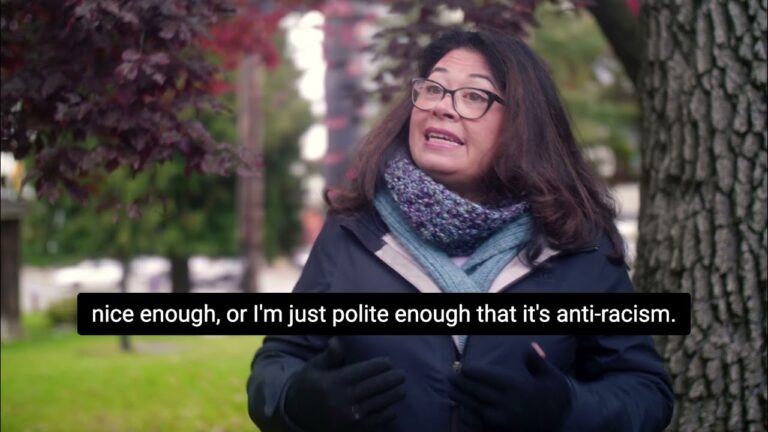Critical Perspectives 2025

Transforming Justice is Quickly Approaching!
Transforming Justice 2025: A Joint National Conference of Critical Perspectives: Criminology and Social Justice and the Centre for Interdisciplinary Justice Studies, May 14th to 16th, 2025.
Come see Carol Bilson present!
The departments of Sociology and Philosophy at the University of Victoria (UVic) and the Canadian Association of Elizabeth Fry Societies’ (CAEFS) Centre for Research into the Processes & Outcomes of Incarceration (CRPOI), in collaboration with the Critical Perspectives: Criminology and Social Justice national committee and the University of Winnipeg’s Centre for Interdisciplinary Justice Studies (CIJS) bring you: Transforming Justice, May 14th to 16th, 2025, at the University of Victoria.
Workshop
Workshop A Different Approach to Harm- Transformational and Restorative Justice to address Sexual Harm and Interpersonal Violence: Carol Bilson (Restorative Justice Victoria), tyler redskye (Restorative Justice Victoria) In this workshop we will explore RJ as a strategy to support people who have caused sexual harm. We know that most harm that happens is between people who know each other. We will use a Transformative Justice framework to offer a systems lens and center the needs and wisdom of those most vulnerable to harm (both personal and systemic). We see RJ as a vital response for both people who cause and experience gender-based violence to address sexual harm and domestic violence. How can RJ organizations hold the tension of working within institutions while holding TJ values? How can we center Indigenous knowledge and BIPOC knowledge to honor liberation when using TJ to work with people who have been in the dynamics of sexualized and/or intimate partner violence?
Gender-based violence is a pervasive systemic social problem but criminalization does not address the scale, root causes, nor does it repair harm for survivors. The misdirection of resources toward punitive criminal legal responses does little to end cycles of harm. If we want no more victims, then we need to focus on how to prevent violence and work to support both those affected by the harm and those causing harm.
Violence at home is the extension of state violence. For many survivors, experiences of seeking support for SV and IPV involve risk of exposing oneself to incarceration and police violence. “Those who face the highest statistical risk for homicide and intimate partner violence also face the highest risk for state violence through police, child protection agencies and prisons” (Whynacht 7)1. Alternatives to the criminal legal system for historically marginalized and criminalized people are essential because these harmful systems recreate these patterns of state violence within our interpersonal relationships.
Additionally for many survivors, experiences of seeking support for SV and IPV involve risk of exposing oneself to incarceration and police violence. Native American and Black women in the U.S. experience more intimate partner violence than all other races2. Black women access social services, VS groups, and medical care related to DV less often than white women3,4. This disparity of Black women experiencing the highest rates of violence but seeking help the least can be attributed to systemic racism and a justifiable distrust of institutions that have historically failed to protect communities of color. There is a vital need for responses to SH and IPV to be community-based. A person’s vulnerability to violence increases when they exist at the intersection of multiple identities.






